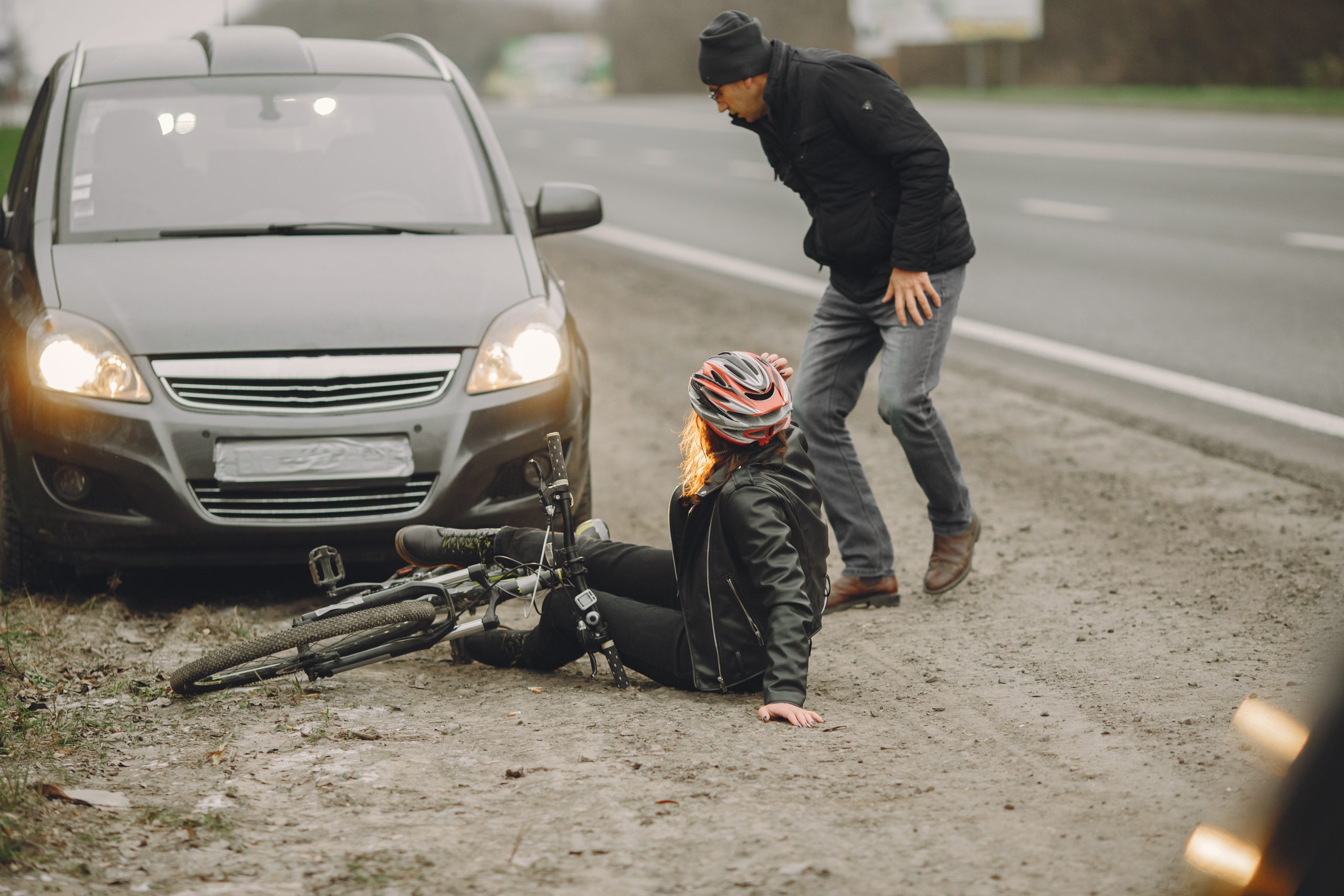- Resources
- How Forensic Experts Can Help in Personal Injury Litigation
How Forensic Experts Can Help in Personal Injury Litigation
November 24, 2024

In personal injury litigation, forensic experts are essential members of the team. Their expertise can be vital evidence, shed light on more nuanced cases, and influence the outcome of a case in significant ways. In addition to establishing strong fact development and using case law described in our last blog, the integration of forensic expertise in personal injury cases can bolster claims by providing narratives in a more powerful light. This guide takes a closer look at the role of forensic experts in personal injury litigation and how they help to bring justice for injured clients.
Forensic Experts
Forensic experts are highly skilled professionals who use their experience in a particular field to handle legal matters. In personal injury cases, these experts might include medical professionals, an accident reconstructionist or structural engineer, a biomechanical expert, and so on. Their job is to evaluate the evidence, form educated opinions, and represent those findings in a way that judges and juries can understand.
Forensic Experts & Their Roles
Medical Experts: Medical experts frequently play a vital function in individual injury cases, especially situations with substantial injuries. It can provide an in-depth analysis of the injuries, the treatment a person needs to recover, and its long-term impact on a victim’s health.
Roles and Contributions:
- Diagnosis & Causation: These duties are to identify the injuries sustained and find a way to tie the injuries back directly to the event in question.
- Prognosticate: Give an opinion on the future medical needs that will likely be needed and whether full recovery or permanent disability is anticipated.
- Witnessing: The doctors will present their results to the jury in court to help them appreciate the medical aspects of the case.
They are skilled in providing accident reconstruction using scientific methods and data to investigate the circumstances of an event. They can reconstruct the events that led to the incident and gain information about how and why it happened.
Roles and Contributions:
- Scene Analysis: Review physical evidence at the scene, including skid marks, damage to vehicles, debris patterns
- Accident Simulation: Recreate the accident and depict the event sequence using computer models or simulations.
- Causation: What factors led to the truck crash, such as driver error, road design, or defects in the truck itself?
Even biomechanical experts are specifically trained to understand the nature of forces in accidents and their effect on human tissues. Their reviews can detail how the accident happened and how these mechanics can contribute to injury causation.
Roles and Contributions:
- Force analysis- Identify the forces involved in the incident and what they did or did to a body.
- Correlation of the Forces Seen with the Injuries—This is where they correlate the forces that we can see in a collision to the injuries that people are complaining about and try to determine whether this crash caused these injuries.
- Expert Testimony: Clearly explain the biomechanics of the injuries to the court.
Incorporating Forensic Experts into the First Case Assessment of Personal Injury Litigation Cases
Often, forensic experts are first called upon during the initial case assessment. They can help determine whether a claim is worth pursuing by analyzing the evidence currently in their possession and identifying the crucial issues that need further investigation.
Forensic Experts: Collect and Preserve Evidence & Conduct Analysis
This ensures that evidence is gathered and preserved in a manner consistent with examination requirements. As we discussed in our blog on fact investigations, what they tell you may be critical for developing a well-rounded eDiscovery strategy.
Process
- Scene Visits: Forensic teams will visit the accident scene to gather physical evidence and measurements.
- Preservation of Evidence: You must ensure that substantial evidence, such as wrecked vehicles or medical records, is adequately preserved and analyzed.
- Interpretation of Data: Interpret data from sources like accident reports, medical files, and statements of witnesses.
Supporting Legal Cases
Forensic experts can provide credible, scientific evidence to support legal cases. They can clarify complex matters and lend credibility to a plaintiff’s testimony. Using Expert Opinions to Correlate the Facts of Your Case with Law (read our blog on How Using Case Law Can Bolster Personal Injury Claims) Clarifying Issues: Experts can help clarify technical issues that may be central to the case, such as how an injury occurred or the mechanics of an accident.
Trial Prep and Testimony
In trial preparation, the forensics expert works closely with legal counsel to craft a well-coordinated and powerful evidence presentation. If they take the stand This, this could very well sway things in court.
- Testing Preparation: Conducting a Test Trial Report Creation: Forensic experts assemble a full report of their findings at each stage.
- Mock Trials: Allows them to practice giving their testimony and predict the cross-examination questions.
Develop Exhibits: Assist in producing graphics, charts, models, and movies to visualize their results. - Courtroom Deposition: Expert Witness—Forensic experts provide the facts and opinions to the court as expert witnesses.
- Cross-Examination: On cross-examination, validate their credits and re-impress them as to the reliability of your findings.
In Conclusion
Forensic experts provide critical resources to personal injury litigation. Their background in the topic and unbiased scrutiny can illuminate key facts, help untangle complex matters, and reinforce legal arguments. When combined with default behavior and fundamental case law, forensic proficiency can be a powerful tool that benefits attorneys who put their cases together to pass muster for other courts.
This 360-degree strategy increases the odds of victims getting justice and rightfully claiming their compensation. The wisdom lies in using case law to support a conclusion. As we have pointed out in our previous blogs, complementary investigations and forensic consulting experts are critical to building a powerful personal injury practice.
If you are looking for virtual assistants who could help you ace your legal business, reach out to The Allied Outsourcing
All Categories
- Agile Legal Support (1)
- Case Law (88)
- Case Studies (6)
- Demand Letter (14)
- Deposition Summaries (11)
- Legal Outsourcing (3)
- Legal Research (72)
- Marketing (1)
- Medical Summaries (14)
- Others (4)
- Personal Injury (54)
- Virtual Assistant (59)
- Virtual Paralegal (2)
Related Blogs
Author
Maithili Salunkhe
Designation: Content Writer and Creator
4 Years extensive experience in content creation to offer specialized legal writing services. A deep understanding of legal principles and the ability to translate complex…Reviewer
Ruchi Bhakhri Sharma
Designation: CEO
25 years of combination of serving as a lawyer in India and paralegal support to US lawyers. Led a diverse team of legal professionals, project…Recent Blogs






